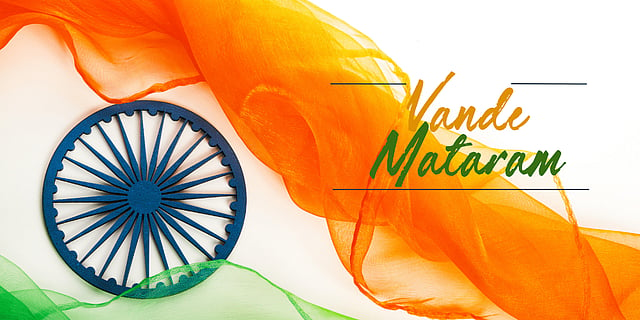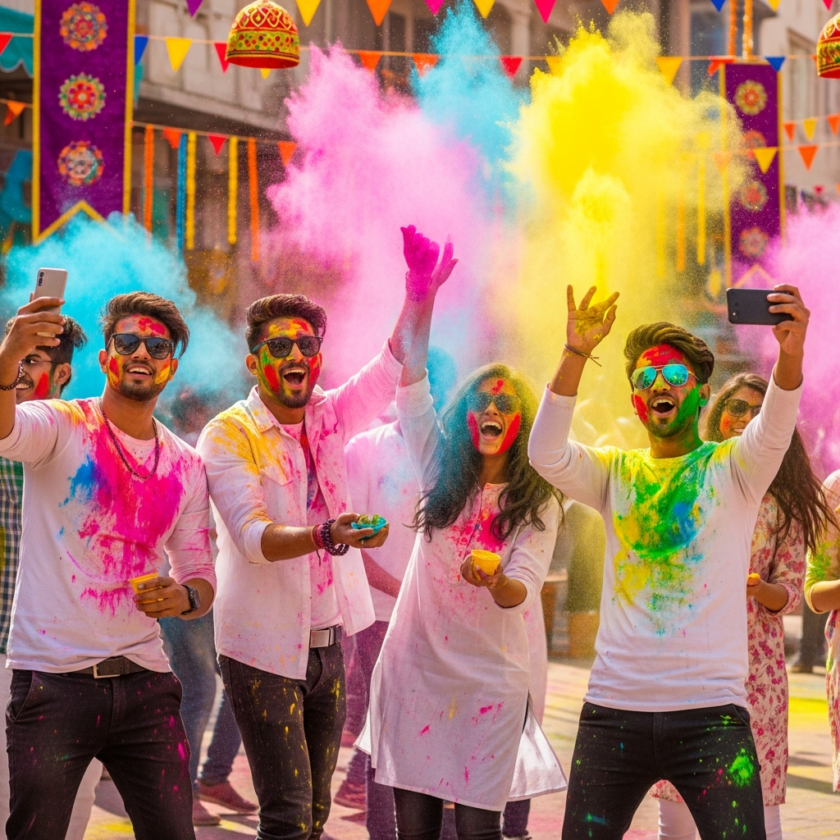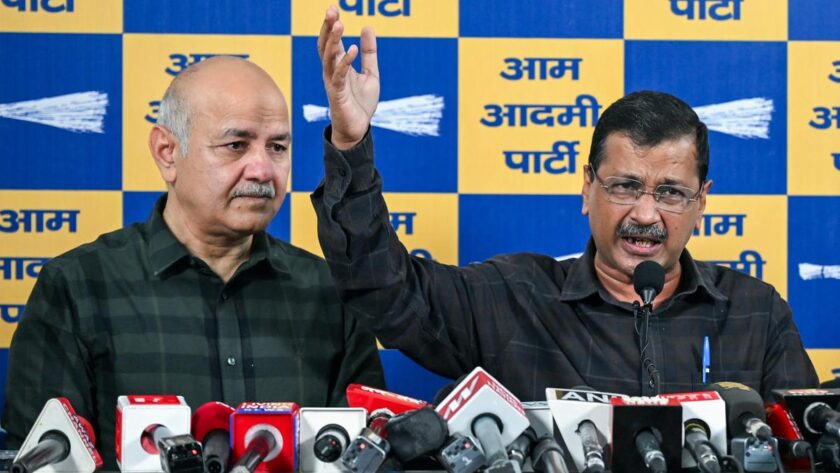NEW DELHI – Prime Minister Narendra Modi officially launched a year-long commemoration marking the 150th anniversary of the national song, Vande Mataram, releasing a special postal stamp and coin to honor its legacy. In his address, the Prime Minister spoke of Vande Mataram as the “eternal concept of India,” while also shedding light on a controversial historical decision he attributed to a “divisive mentality” of Muslim appeasement within the Congress party.
Without naming specific individuals or groups, the Prime Minister recalled a “black page” in history: “The spirit of Vande Mataram illuminated the entire nation in the freedom struggle, but unfortunately, in 1937, important stanzas of this song were separated, severing a part of its soul.” He asserted that the same sentiment that led to the song’s truncation later “sowed the seeds of partition.”
Pillar of the Freedom Struggle
Vande Mataram, adopted as the national song from Bankim Chandra Chatterjee’s Bengali novel Anandamath, is credited with instilling a sense of national identity and self-respect in India.
The song played a pivotal role in organizing different ethnic and religious communities against the British. It was described as the “foundation stone” of the revolutionary movement and was the source of the fervor that ran through the veins of freedom fighters.
-
1942 Quit India Movement: The song provided the nationwide platform for Mahatma Gandhi’s “Do or Die” movement.
-
Azad Hind Fauj: Soldiers of Subhas Chandra Bose’s Indian National Army (INA) sang Vande Mataram as they sacrificed their lives for the motherland.
-
Moment of Independence: On the midnight of August 14, 1947, as the nation gained independence, the song was sung by Smt. Sucheta Kriplani, with attendees standing in respect.
On August 24, 1948, Vande Mataram was officially granted the status of the National Song, alongside Jana Gana Mana.

The 1937 Controversy and Its Resolution
The song has historically faced opposition from some quarters, particularly on the grounds that it promoted “idolatry” (butparasti) and was considered anti-Islam.
In 1937, the Congress Working Committee formed a committee led by Acharya Narendra Dev and including members like Maulana Azad, Pandit Nehru, and Subhas Chandra Bose. After consulting with Nobel Laureate Rabindranath Tagore, the committee recommended that only the first two stanzas of Vande Mataram be sung at all national and public gatherings. This decision was accepted by the Congress Working Committee, effectively resolving the major public dispute before Independence.
Historically, even Muhammad Ali Jinnah, the architect of the partition, would stand respectfully when this edited version of the song was sung at such events.
Misinterpretation vs. National Emotion
Later, leaders of the Muslim League reignited the controversy by painting Vande Mataram as an act of idol worship. In response to this opposition, Mahatma Gandhi stated, Vande Mataram is not a religious slogan; it is a purely political slogan.”
Many liberal Urdu poets and politicians translated the song as “Ae Madar, Tujhe Salaam Karta Hoon” (O Mother, I salute thee), arguing that expressing national feelings through established symbols like “Mother” is not idolatry. The song, which Bankim Chandra Chatterjee originally wrote mostly in Sanskrit (with only nine lines in Bengali), is fundamentally a literary composition and should be interpreted outside of a religious context.
The Prime Minister’s remarks underscore the government’s aim to reclaim the song’s full, revolutionary heritage and highlight its essential role in India’s journey to freedom.









